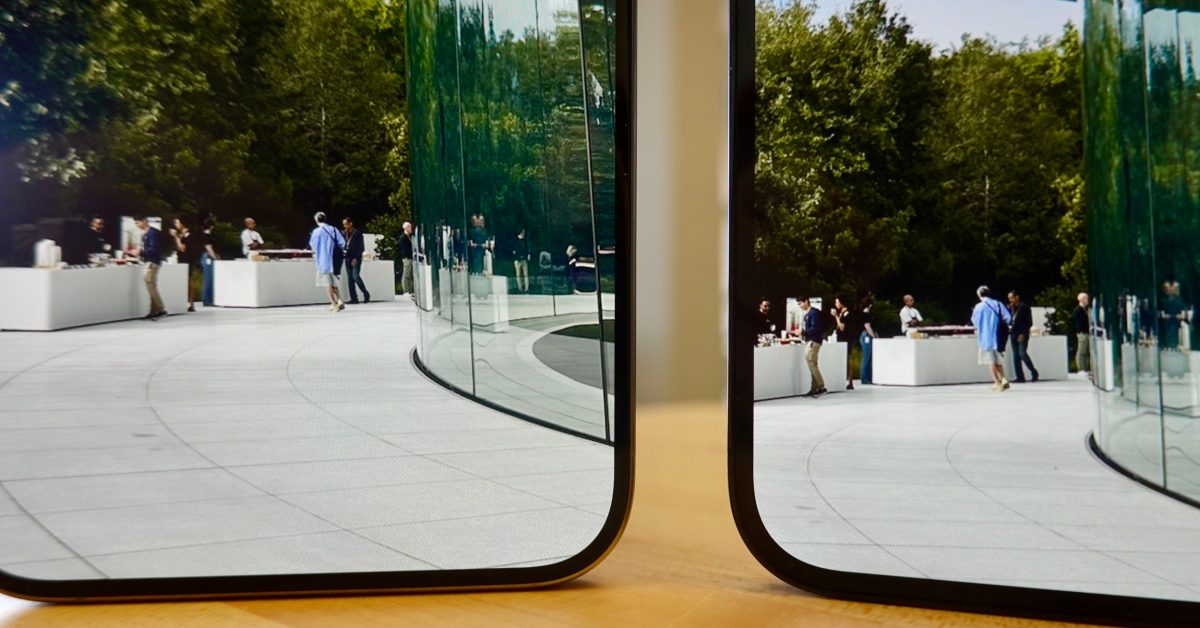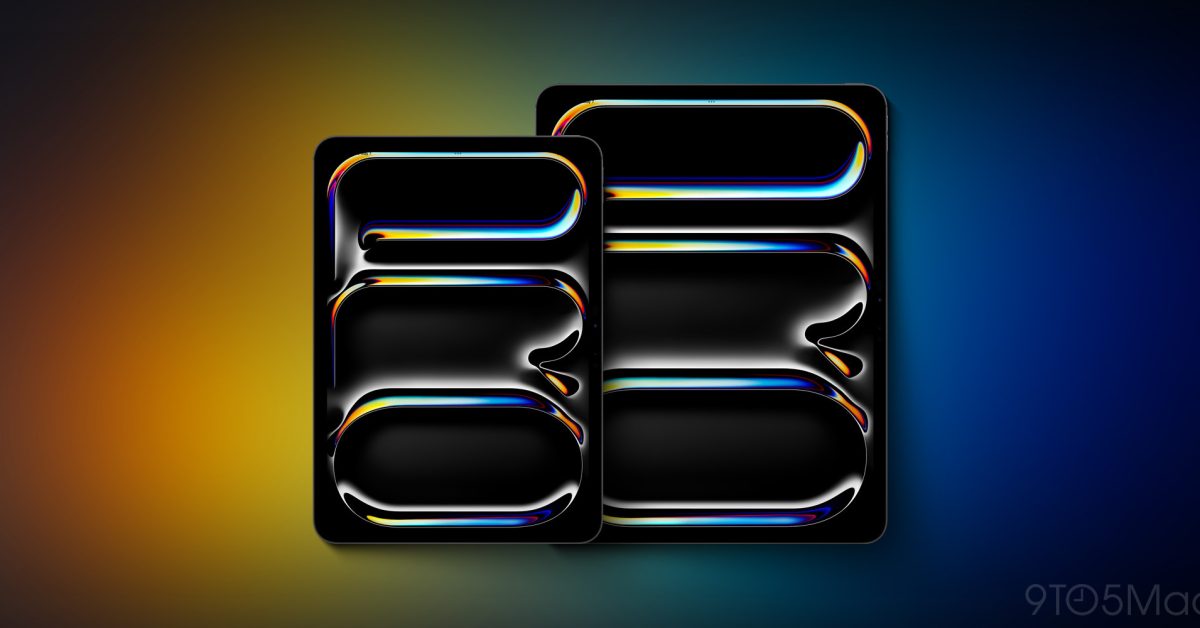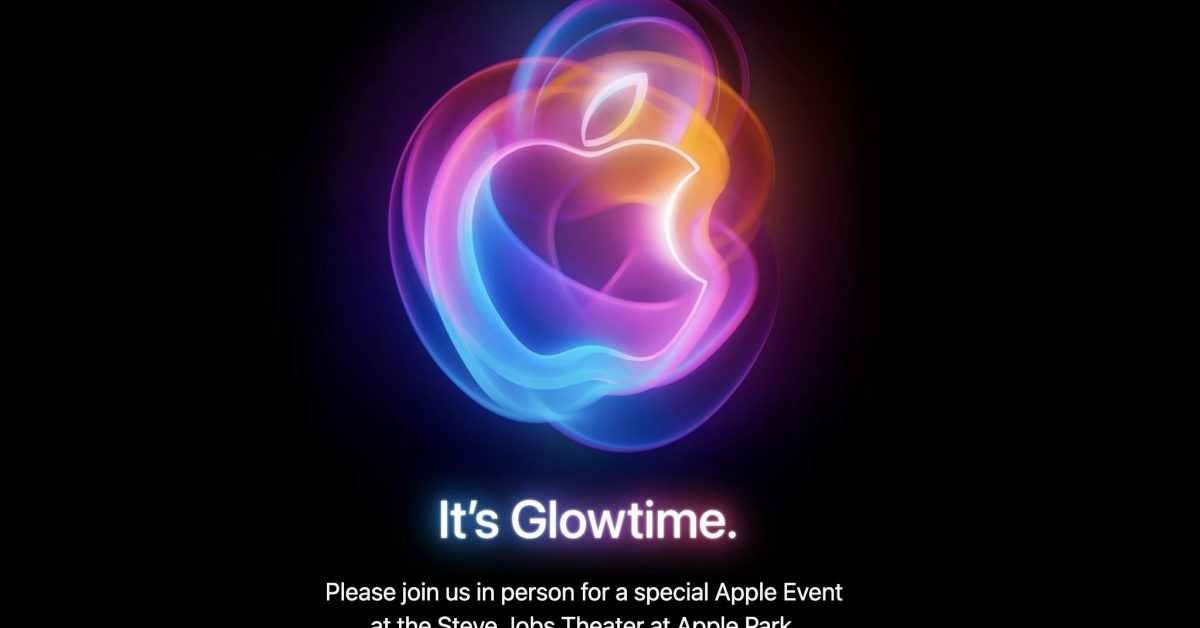Julian Assange Says He’s Still Getting Used to the ‘Spooky Sound of Electric Cars’
Julian Assange spoke to European lawmakers in France on Tuesday in his first public testimony since being released from a British prison in June. The WikiLeaks co-founder took a plea deal rather than face extradition to the U.S. from the UK, where he’d spent the past five years in prison. Assange said that after so many years in confinement he “eventually chose freedom over unrealizable justice” by taking the plea deal.
The hearing saw Assange cover a wide variety of topics, including the technological changes he’s seen since emerging from over a decade of confinement, including AI-powered weapons and even just the hum of electric cars on the street.
Assange, who flew to France for the hearing from his native Australia, opened his testimony on Tuesday by talking about the injustices he saw in prison, including the isolation he felt in the prison system. It was actually a British judge’s concerns over Assange’s mental health that initially delayed his extradition to the U.S., given the extreme conditions in American prisons. But it sounds like Assange still saw plenty of harrowing incidents inside.
“The experience of isolation for years in a small cell is difficult to convey. It strips away one’s sense of self, leaving only the raw essence of existence,” Assange told the Council of Europe on Tuesday. “I am yet not fully equipped to speak about what I have endured. The relentless struggle to stay alive both physically and mentally. Nor can I speak yet about the deaths by hanging, murder, and medical neglect of my fellow prisoners.”
Julian Assange spoke sitting between his wife Stella and WikiLeaks editor Kristinn Hrafnsson and stressed in his remarks that he feels a great injustice was done. He doesn’t feel that any real justice was served.
“I am not free today because the system worked. I am free today after years of incarceration because I played guilty to journalism,” Assange told the hearing. “I pled guilty to seeking information from a source. I pled guilty to obtaining information from a source. And I pled guilty to informing the public what that information was. I did not plead guilty to anything else.”
WikiLeaks first came to world attention in 2010 after the group published highly classified documents about the wars in Iraq and Afghanistan, including a video from 2007 known as “Collateral Murder.” Assange’s leak of classified material, including embarrassing U.S. State Department cables, made him the target of American authorities, who charged Assange with 18 counts of violating the Espionage Act along with charges related to criminal hacking over alleged instructions he gave to whistleblower Chelsea Manning. Assange previously faced 170 years in prison for those charges.
Assange first claimed asylum at the Ecuadorian embassy in the UK in 2012 but was dragged out of the building by British authorities in April 2019. It was then that charges against Assange were first brought by the U.S. Department of Justice under President Donald Trump, a peculiar move given the fact that Trump often talked about how much he loved WikiLeaks. Trump didn’t pardon Assange before leaving office, and the WikiLeaks founder even claimed he was offered a pardon in 2017 to deny that Russia was responsible for the hacking of emails by top Democrats in 2016.
Tuesday’s hearing lasted almost two hours and was livestreamed on YouTube, where Assange said that U.S. prosecutors were trying to assert that only U.S. citizens have free speech rights, a warning that clearly resonated with an audience of Europeans.
“An American in Paris can talk about what the U.S. government is up to, perhaps,” said Assange. “But for a Frenchman in Paris, to do so is a crime with no defense, and he may be extradited just like me.”
Assange says he can’t even file a Freedom of Information Act request with the U.S. government about the extradition request to the UK, which was a part of the plea agreement he signed to be released. And the WikiLeaks founder says that the U.S. crossed a line with its actions against him, including the alleged CIA plan to assassinate him while he was in the Ecuadorian embassy. Put simply, Assange believes journalists are less free today than they were years ago.
“It is hard not to draw a line from the U.S. government’s prosecution of me, it’s crossing the Rubicon by internationally criminalizing journalism to the chilled climate for freedom of expression that exists now,” said Assange.
Assange, who would later in the hearing call himself a political prisoner, received applause during the otherwise fairly quiet opening statement when he said that journalism was not a crime.
“The fundamental issue is simple. Journalists should not be prosecuted for doing their jobs. Journalism is not a crime, it is a pillar of a free and informed society,” said Assange.
During the question-and-answer session, Assange noted that when he was releasing videos in the early 2010s, it was a rarity to see that kind of reporting from scenes of death and destruction, whereas today there are livestreamed horrors straight from the wars in Gaza and Ukraine.
“The impunity seems to mount and it is still uncertain what we can do about it,” Assange said about the wars.
Assange also said that he was still getting used to his new life outside of confinement, including the “spooky sound of electric cars,” which were much less common when he first entered the Ecuadorian embassy in 2012.
“It’s not simply the spooky sound of electric cars, they are very spooky. It is also the change in the society where we once released the important war crimes videos that stirred public debate,” said Assange.
He also said he was learning how to be a husband and new father again. Julian married Stella in 2022 while he was in a British prison and fathered two children from the inside.
But he also joked about how he needs to get used to “dealing with a mother-in-law” again, which he described as “trying family issues,” before calling her a “lovely woman” and “I like her very much.” It was then that Stella leaned over to switch off Julian’s microphone. The audience of European lawmakers laughed and clapped at this new form of censorship in Julian’s life.
When Assange was later asked whether he would’ve done anything differently during his case, he said that he expected some kind of legal fight and harassment from the U.S. government, but didn’t expect the extremes to which they would eventually go.
“My naivete was believing in the law,” said Assange. “When push comes to shove, laws are just pieces of paper and they can be reinterpreted for political expediency. They are the rules made by the ruling class more broadly. And if those rules don’t suit what it wants to do, it reinterprets them or, hopefully, changes them, which is clearer.”
“In the case of the United States, we angered one of the constituent powers of the United States, the intelligence sector, the security state, the secrecy state. The state was powerful enough to push for reinterpretation of the U.S. Constitution.”
Assange was asked a question about the metaverse, which he simply didn’t answer, instead opting to talk about technology more broadly. Saying that he was very interested in cryptography and the potential for tech to protect journalistic sources, he was also skeptical that much of the innovations he’s seen emerge since he locked himself in the Ecuadorian embassy would be used for anything but further transferring power to the “hands of a few billionaires.”
“As I emerge from prison, I see that artificial intelligence is being used to create mass assassinations where before there was a difference between assassination and warfare, now the two are conjoined,” said Assange.
“Where many, perhaps the majority of targets in Gaza are bombed as a result of artificial intelligence targeting. The connection between artificial intelligence and surveillance is important. Artificial intelligence needs information to come up with targets or ideas or propaganda. When we are talking about the use of artificial intelligence to conduct mass assassinations, surveillance data from telephones, internet is key to training those algorithms. There is a lot that has changed.”





